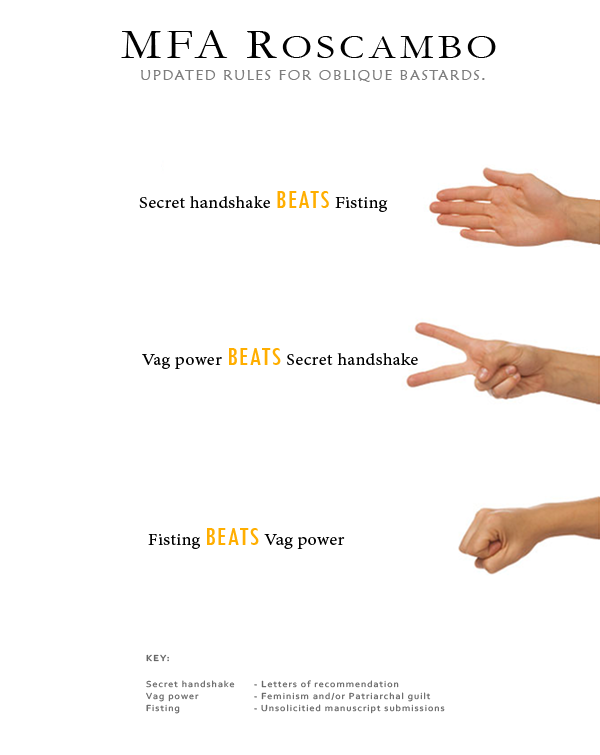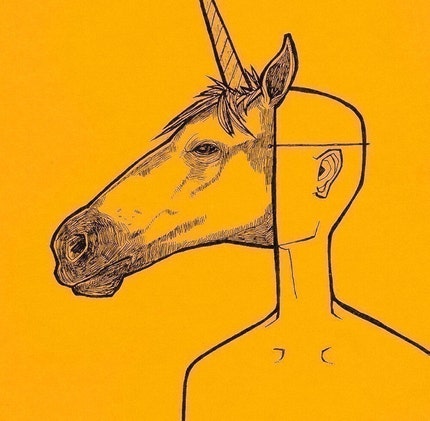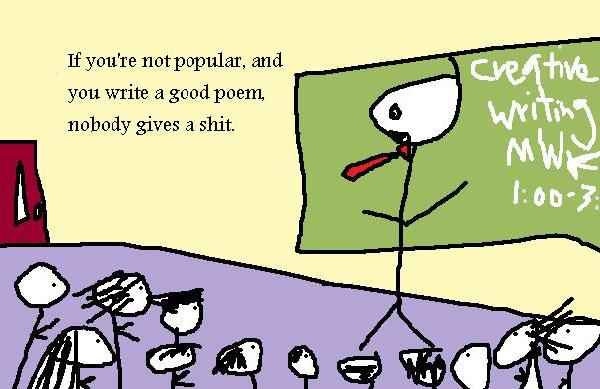13 Ways of Looking at a Litblog
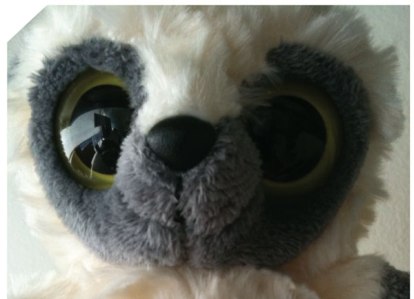
I
Among twenty posts,
The only moving thing
Was the Hitler meme.
II
I was of three minds,
Like a tree
With three Disqus personae.
III
The litblog whirled in the autumn winds.
It was a big part of the procrastination.
IV
A man and a litblog
Are one.
A man and a woman and a litblog
Are a VIDA pie chart.
V
I do not know which to prefer,
The beauty of turning on the computer
Or the beauty of turning it off,
The moment you hit send
Or just after.
how to snort an owl
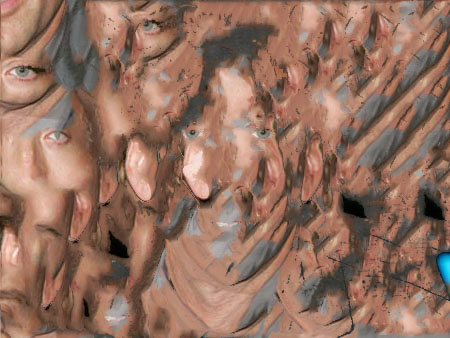
For many years my doctor has prescribed owls to me in pill form to help me cope with the mental disorder of my personality. He said, “Swallowing owl pills will help you not suffer as much attention-deficit hyperactivity disorder. Owls are composed of a number of amphetamine salts that are thought to increase the amount of dopamine in the brain. Like many stimulants owls affect the area of the brain that controls the amount of rewards or pleasures you are capable of feeling. Sometimes after I ingest an owl I experience a psychological positive value that is beyond any positive value I have ever experienced from the natural pleasure systems of eating, drinking, fighting, or doing sexual movements. Recently, I have been under a lot of stress. My throat has been really dry and it has been very difficult for me to swallow the full grown owls my doctor has prescribed. As a result, I’ve had to develop a new system of ingestion that involves snorting the owl. READ MORE >
How to Say It — Lit Scene Edition
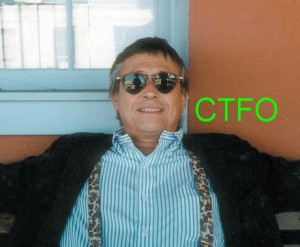
If Paris Review Daily is running some of your shit…
Don’t say: I am going to be published in The Paris Review!
Say: Paris Review Daily is running some of my shit.
If your boyfriend is printing out copies of your poems and distributing them around Portland on his fixed gear bike…
Don’t say: I have a book coming out!
Say: My boyfriend is printing out copies of my poems and distributing them around Portland on his fixed gear bike.
If your agent is showing your novel to Melville House…
Don’t say: It’s all happening for me!
Say: Nothing. Or maybe post a picture to fbook of your baby looking at its first tree, because somehow that is less annoying.
If you’re still talking about Breece D’J Pancake…
Don’t say: Breece D’J Pancake.
Say: Ryan D’J Breakfast Taco.
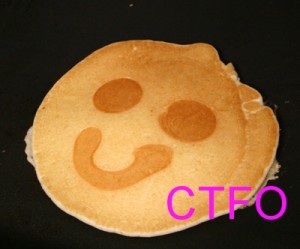
If you just wrote 10 million words of your novella…
Don’t say: Just hammered out 10 million words of my novella!
Say: Let’s go see A Very Harold & Kumar 3D Christmas.**
If you (or your protagonist) are engaged to be married…
Don’t say: My fiancée.
Say: Anything else.
If you (or your protagonist) are a sophomore in college…
Don’t say: During the Spring of my Sophomore year,
Say: Anything else.
If you really dig a book…
Don’t say: This book is a gut-punch-face-ripper-offer-slayer-thrasher.
Say: Anything else.
**Please! No spoilers, folks. Really excited for this.
The Weave
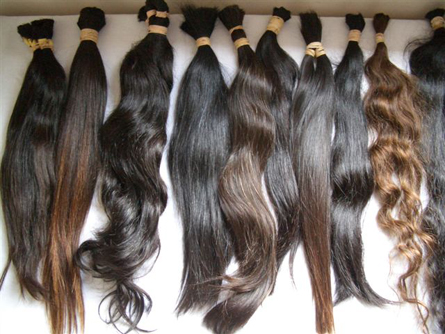
Poet Eve Grubin told me, many years ago, that a strong poem possesses a weave, an interplay between light and darkness, self and other, internal and external, the lucid and the paradox. She said that it is this weave, not necessarily a linear narrative and firm conclusion, which binds a strong poem together. This might have been my first brain-opening to experimental literature—whatever experimental literature is.
I thought about the weave again when I recently read Rae Armantrout’s essay “Feminist Poetics and the Meaning of Clarity.” Have you read it? It’s good, and it was published in 1992, the year between Nevermind and In Utero. The essay describes the poetry of that time as “univocal…often culminating in a sort of linear epiphany.”
Armantrout depicts a homogenized experience of poetry, one which leaves little room for ambivalence and the interplay of the weave. She then pits this singleness of focus (which I view as an arrow, a Castro peen if you will) against “the core of woman’s condition.” What is the core of woman’s condition? Well, Armantrout says that woman is “internally divided against herself” and I’ll be the first one to back that up.
So, let’s think. A poem possessing a strong weave contains opposing forces. The experience of being a woman on this planet also contains opposing forces (though I’d be willing to bet it does for some dudes too). Is poetry today less linear, more weave-permissive than it was in 1992? Were any of you alive in 1992?
A final thought. In the essay, Armantrout examines Jacques Lacan’s notion that women are excluded from the symbolic order. She perceives this exclusion as a “moment of freedom” and an opportunity to “challenge the contemporary poetic convention of the unified voice.” I can get down with this, in the sense that if I pick up Anne Sexton’s The Death Notebooks (luv u Anne!) a little alarm might go off in my head like “too juicy” or “not trendy” or “do not admit to this on Goodreads.” And I’ve definitely felt at times that my own work is too juicy or messy or does not contain enough self-sustaining deer to comply with today’s contemporary poetic convention(s). Ultimately, though, I don’t know if this discomfort is about being a woman, or an outsider, or a poet, or a human.
BREAKING NEWS ON THE 3D FRONT
You should have gone to graduate school for so that you could make video games,
you dummy. You are such a dummy.
Is this a good poem?
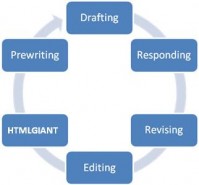 Last night in class we did some process writing. I don’t like process writing, especially when it’s rule-based. I always wonder more if I’m paying attention to the rules. Last night in class I kind of ignored the rules and the process writing. I wrote this poem. Is it any good? Is poetry better with revision? Actually, don’t answer that. Just tell me if you think this poem is good.
Last night in class we did some process writing. I don’t like process writing, especially when it’s rule-based. I always wonder more if I’m paying attention to the rules. Last night in class I kind of ignored the rules and the process writing. I wrote this poem. Is it any good? Is poetry better with revision? Actually, don’t answer that. Just tell me if you think this poem is good.

